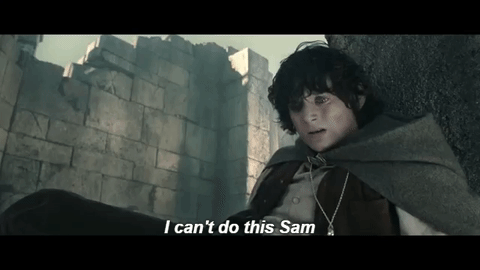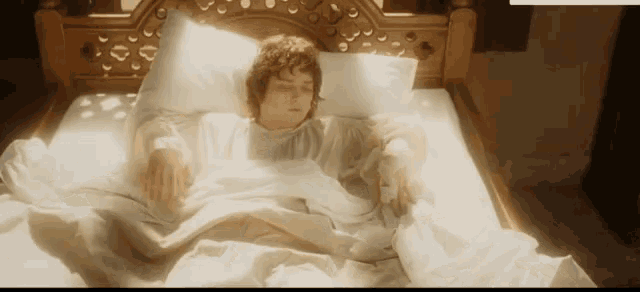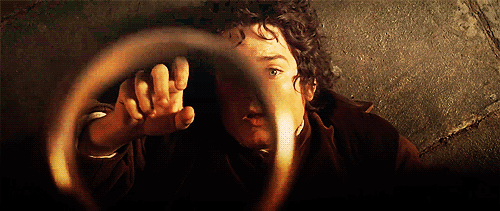
Most of us hear stories about authors getting their first publishing deal in their 20s (and even a handful in their teens) and are green with envy. I know I have been. But today is a first, at least for me: Nadim, a 4-old English boy got a publishing deal for his poetry.
Have you read the article? If not, please do. I’ll wait.
I can’t really remember being four, but I know I wasn’t writing poetry. I think I was taking my first dance classes and learning my ABCs. I know I couldn’t read or write at that age. My parents didn’t push me; they let me learn in school in first and second grade like everyone else at the time.
On one hand, I have to admit to being a little suspicious of this whole thing. How do we know Nadim really wrote these poems and it wasn’t his parents? I mean, his mom is a poetry instructor. This isn’t the first time parents have taken advantage of their kids to make money (remember the kid who had a bestseller on a near-death experience that ended up being faked by his dad?) and it won’t be the last. And if he did write them, how much pressure was put on him to learn how from a scarily young age?
On the other, child prodigies have existed throughout history. Look at Mozart. The difference there is that you could witness his talent, whereas with poetry, you have to take it on faith that Nadim really wrote the poems. Even if they had him recite in public, you can’t tell how much is coached. Perhaps his mom, being a poetry lover, just taught him how to rhyme as soon as he could speak.
I am no prodigy, far from it, but I did have my first poem published at an early age. I know I was no younger than six because I remember hand-writing it at my grandma’s house. I wish I knew what was going on in my mind at the time, but I can’t remember.
I may even still have the original my basement somewhere. I think I was more like eight, though, because I entered a contest advertised in the back of YM magazine (so that now tells me it may not have been as legit as I thought at the time), so I know I could read and write. My parents had nothing to do with this; I had to beg them to let me enter.
Anyway, I’ve never shared it before, but here it is. (Needless to say, this copyrighted.)
Aloneness
Aloneness is the feeling when your mind is empty/and your heart is full./Aloneness is the sadness of pain and hunger around the world.
Short, but I do have to say, profound for a young mind. So it is entirely possible this little 4-year-old is some kind of genius or at least thinks deep thoughts.

But is a book deal for someone that age really necessary? Why, other than shock value, would anyone do this? Why not keep the poetry and include it in a collection when he is older? It would be cool to see the evolution of a poet over the years in a single volume. All I can do is shake my head. Why can’t we just let kids be kids anymore?
I really do hope this is the beginning of great things for Nadim and that someday we can all look back and remember the day we read the announcement. But I also worry what kind of pressure this puts on a boy whose mom admits he’s still learning to read and write. When you have your first book deal at so young an age, how do you follow it up? Will this just turn into a funny story on a college application or will he feel the weight of it for the next 20 years?
I don’t even like most children, and yet I worry about this one I’ve never met. My first gut instinct is that this is an example of parents pushing their children into their own dreams (much like most beauty pageant/dance/cheer moms), rather than nurturing a budding talent. I think that is it; I’m seeing the commercial side of this and not the warm parental side. And that is the problem with having only one source for an issue.
In the end, it’s none of my business, but it is also something to think about. And if nothing else, it has reminded me that I used to be a poet – which I had completely forgotten. Maybe I’ll pick up a pen for the first time since I was in high school and write a few poems from time to time. Thanks for the inspiration, Nadim!







